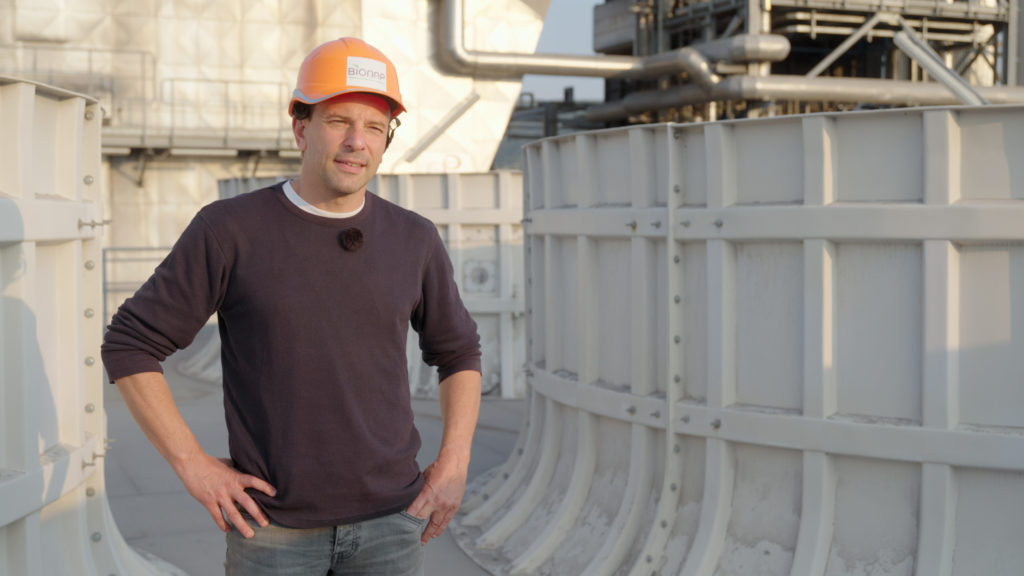Experience Exchange of Aristotelis Botzios-Valaskakis, Senior Engineer at CRES:
What a difference a year makes. Back in September 2019 we and colleagues from around Europe formally started the EU-funded EMB3Rs project, which is developing a platform to allow excess industrial heat and cold sources to find ways to reuse their excess thermal energy. This involves working on a case study in Greece, whereby an industrial park can use a heat exchange and district heating system to provide excess heat to a nearby town. We want to see just how well the EMB3Rs platform can model such a setup.
But first we needed to find the right business park. We settled on the Volos Industrial Park, around 160 Kilometres from Athens, where we’re based. It was an ideal mix for us. There’s about 50 businesses at the park in industries such as cement, processed fish, and biomass generation. Also, around 5km away from the park is a small town with around 200 homes – they could easily benefit from the heating and hot water that can be created from district heating. We asked around and around 20% of the businesses in the park agreed to take part in our research.
We first sent surveys asking about their operations on a daily, weekly, and yearly basis. That said, I must admit that we are not the highest priorities for these types of businesses. In Greece, a large proportion of our industries are small-to-mid sized businesses. Many of these are run by manufacturing engineers who are already stretched thin by all their responsibilities. To then reply to in-depth questions about energy efficiency and types of equipment can be a tough thing to prioritise.
If you’ll forgive the pun, the early reception to our questionnaire was lukewarm. There were some replies, but we needed some extra detail to get a full idea of what could be possible. Usually we can rely on getting this detail by visiting people face-to-face,
though at this point it was early 2020 and like the rest of the world, the COVID-19 lockdowns hit Greece hard. We had to rely on teleconferencing for our survey follow-ups. While they served their purpose, I feel people naturally provide more detail from personal visits.
That said, we had a good relationship with people at the industrial park and we got detailed data about which industries were producing excess heat and which could act as heat-sinks – consuming another industry’s excess heat. All this data helped to refine simulations on the EMB3Rs platform.
Now three years on a near-final version of the platform has identified four sources of waste-heat in the industrial area. Their rejected heat is computed to be around 14 million kilowatt hours per year – this could potentially heat the homes of a village of 7000 people.
As the project wraps up, the important thing for us to remember is just how useful face-to-face meetings are for both researchers and those working in industry. As we have exited lockdown and having face-to-face meetings again, people at Volos Park are now united in a common goal. That creates other synergies that can benefit companies and locals alike.
About the Centre
The Centre for Renewable Energy Sources and Saving (CRES) is the Greek national entity for the promotion of renewable energy sources, rational use of energy and energy conservation. CRES implements innovative projects and significant activities for the promotion and market penetration of new energy technologies.
This article was published in the HEAT EXCHANGER WORLD magazine in April 2023:
